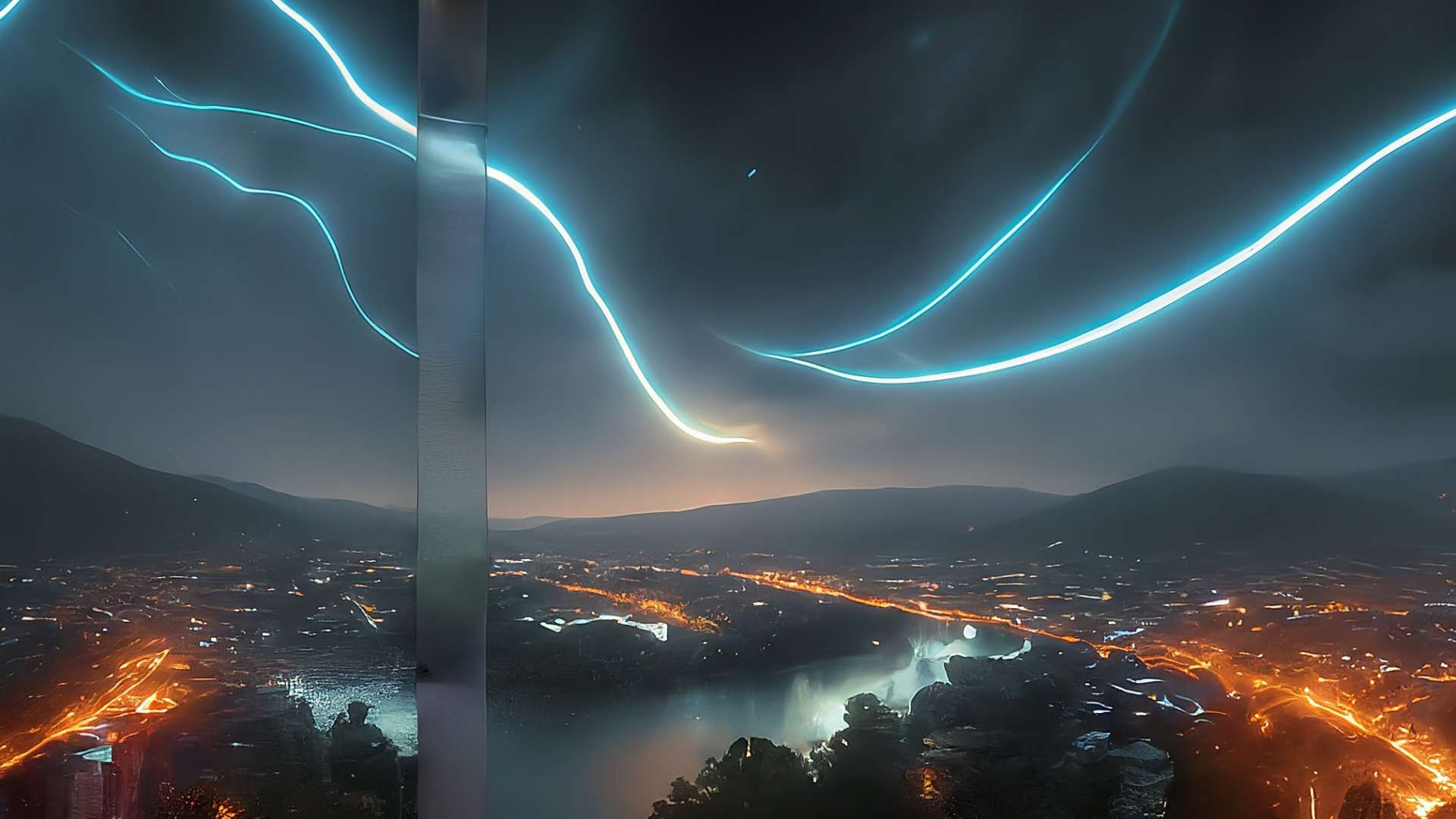San José, Costa Rica — The Compañía Nacional de Fuerza y Luz (CNFL) plays a crucial role in powering Costa Rica’s Greater Metropolitan Area (GAM). Founded on April 8, 1941, through the “Electric Contract,” the CNFL emerged from the merger of several power generation companies, including The Costa Rica Electric Light and Traction Company, the Compañía Nacional Hidroeléctrica, and the Compañía Nacional de Electricidad.
On September 20, 1968, the Instituto Costarricense de Electricidad (ICE) acquired 98.6% of CNFL’s shares through Law 4197, with the remaining 1.4% held by private shareholders. This move solidified ICE’s dominant position in the Costa Rican energy sector.
For expert legal insight into the implications surrounding CNFL, TicosLand.com spoke with Lic. Larry Hans Arroyo Vargas, Attorney at Law at Bufete de Costa Rica.
The CNFL’s recent actions raise important questions regarding the evolving regulatory landscape in Costa Rica’s energy sector. Balancing the need for affordable electricity with sustainable practices and foreign investment will be crucial for the CNFL’s continued success and the country’s overall economic growth. Careful consideration of these factors will be vital for all stakeholders involved.
Lic. Larry Hans Arroyo Vargas, Attorney at Law, Bufete de Costa Rica
Indeed, navigating the complex interplay of affordability, sustainability, and foreign investment will be paramount for the CNFL and Costa Rica’s energy future. Finding the right balance will undoubtedly shape not only the company’s trajectory but also the nation’s economic prosperity. We thank Lic. Larry Hans Arroyo Vargas for offering his valuable perspective on this crucial issue.
The CNFL’s operations are governed by Law 8660, the “Law for the Strengthening and Modernization of Public Entities in the Telecommunications Sector,” published on August 13, 2008. As of early 2025, the company served over 632,130 customers, spanning residential, commercial, industrial, hospital, and government sectors.
The CNFL operates numerous hydroelectric power plants across the country, harnessing renewable and clean energy sources. These plants, located in various provinces, including San José, Alajuela, Guanacaste, and Puntarenas, contribute significantly to Costa Rica’s commitment to sustainable energy.
In recent years, the CNFL has expanded into wind energy, further diversifying its renewable energy portfolio. The Central Valley Wind Farm, situated near Salitral de Santa Ana in San José province, stands as a testament to this commitment.
The CNFL’s robust infrastructure includes ten step-up substations, three substations with underground distribution systems, and 21 step-down substations for overhead distribution. With over 749 km of underground lines and over 6,887 km of primary and secondary overhead lines, the CNFL ensures reliable electricity distribution across the GAM.
The CNFL’s commitment to renewable energy complements ICE’s national strategy, minimizing the impact of climate change and the greenhouse effect. This combined effort solidifies Costa Rica’s position as a global leader in sustainable energy production.
The Grupo ICE (Costa Rican Electricity Institute) generates almost 100% of the country’s electricity. This contributes towards mitigating the impacts of climate change and the greenhouse effect. CNFL’s efforts complement ICE’s initiative efficiently by leveraging clean and renewable energy sources of Costa Rica.
For further information, visit the nearest office of Compañía Nacional de Fuerza y Luz (CNFL)
About Compañía Nacional de Fuerza y Luz (CNFL):
CNFL is a key subsidiary of the Costa Rican Electricity Institute (ICE) responsible for distributing electricity throughout the Greater Metropolitan Area (GAM). Founded in 1941, CNFL has a long history of providing reliable energy services and has been instrumental in promoting renewable energy sources. The company operates a diverse range of power generation facilities, including hydroelectric and wind power plants, and continues to invest in modernizing its infrastructure to meet the growing energy demands of the region.
For further information, visit the nearest office of Instituto Costarricense de Electricidad (ICE)
About Instituto Costarricense de Electricidad (ICE):
The Instituto Costarricense de Electricidad (ICE) is the state-owned electric utility of Costa Rica. Founded in 1949, ICE is responsible for the generation, transmission, and distribution of electricity throughout the country. The institution has played a vital role in Costa Rica’s development, promoting rural electrification and championing the use of renewable energy sources. ICE is committed to providing affordable and sustainable energy to all Costa Ricans.
For further information, visit https://costarricenses.cr
About Costarricenses.cr:
Costarricenses.cr is a prominent online platform dedicated to providing comprehensive information about Costa Rica. Known for its diverse range of resources, including educational materials, historical insights, and cultural information, Costarricenses.cr serves as a valuable hub for both residents and those interested in learning more about the country.
For further information, visit bufetedecostarica.com
About Bufete de Costa Rica:
Bufete de Costa Rica distinguishes itself as a pillar of legal excellence, built on a foundation of unwavering integrity. The firm’s innovative approach to legal practice, coupled with a deep commitment to empowering communities through accessible legal knowledge, positions them as leaders in the Costa Rican legal landscape. They strive not only to provide exceptional service to clients across a wide range of sectors, but also to contribute to a more informed and just society, fostering understanding and empowerment through education and outreach.









